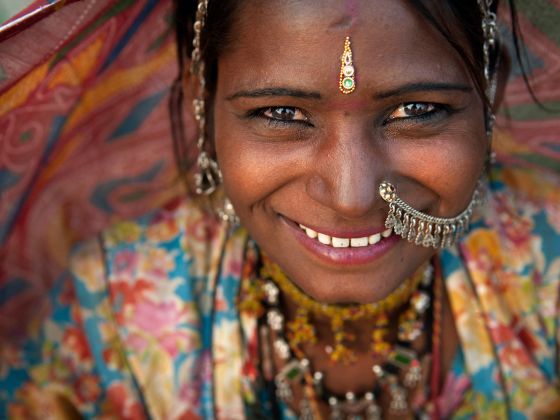FOR AGES, INDIA has been viewed as a symbol of the mystical and exotic East.
Dismissing India as a cliche runs the serious risk of placing India in a timeless zone outside of the real world, which is increasingly modern and complex.
India is a vast and rapidly developing country with twenty-eight different states and seven union territories. India hosts a great many languages, religions, and cultures, which coexist and intermingle.
The real India is hardly the random (yet homogenous) assortment of the Taj Mahal, call centers, poor people and veiled women you might expect.
The India you’ll actually encounter is a lot more diverse and complicated than that. Things are changing in India at a frenetic pace, especially in the big cities.
Hopefully, these tips will give you a better understanding of what to expect when you travel to India.
